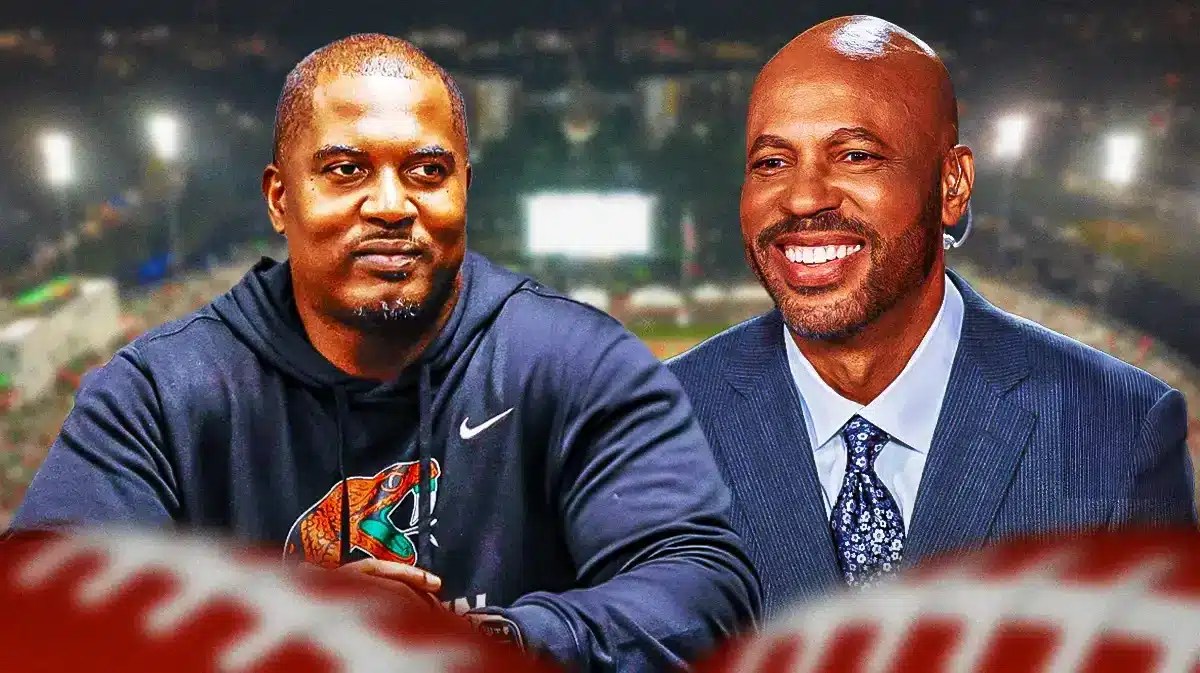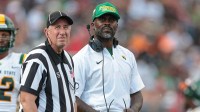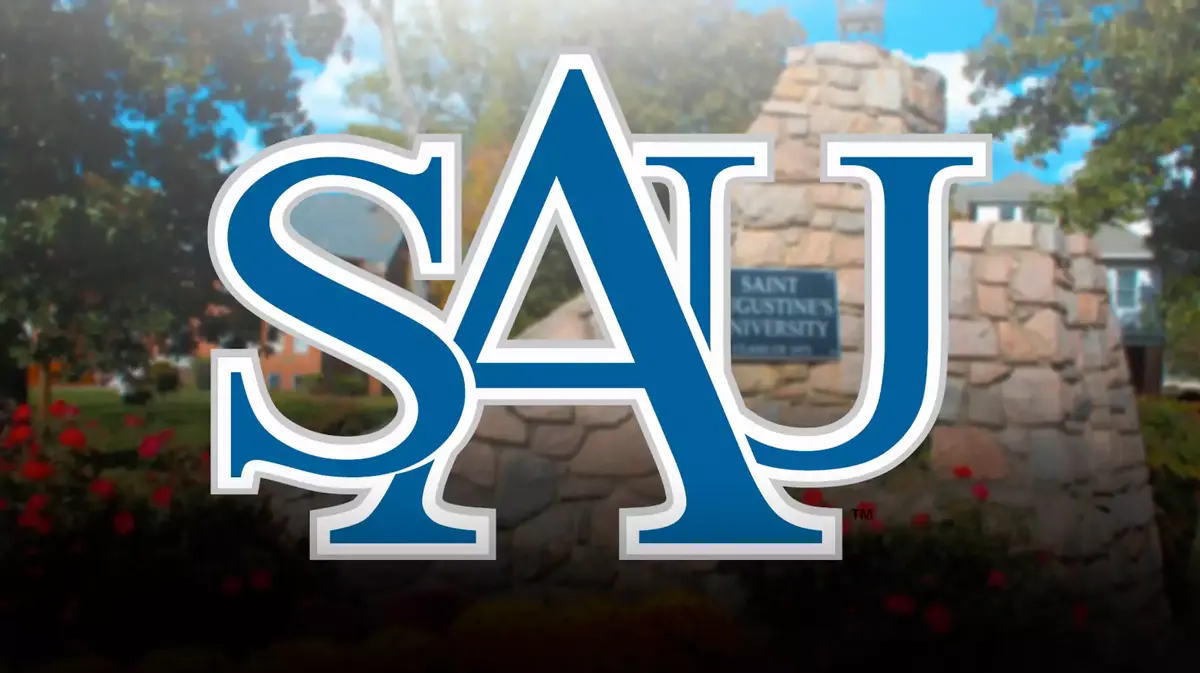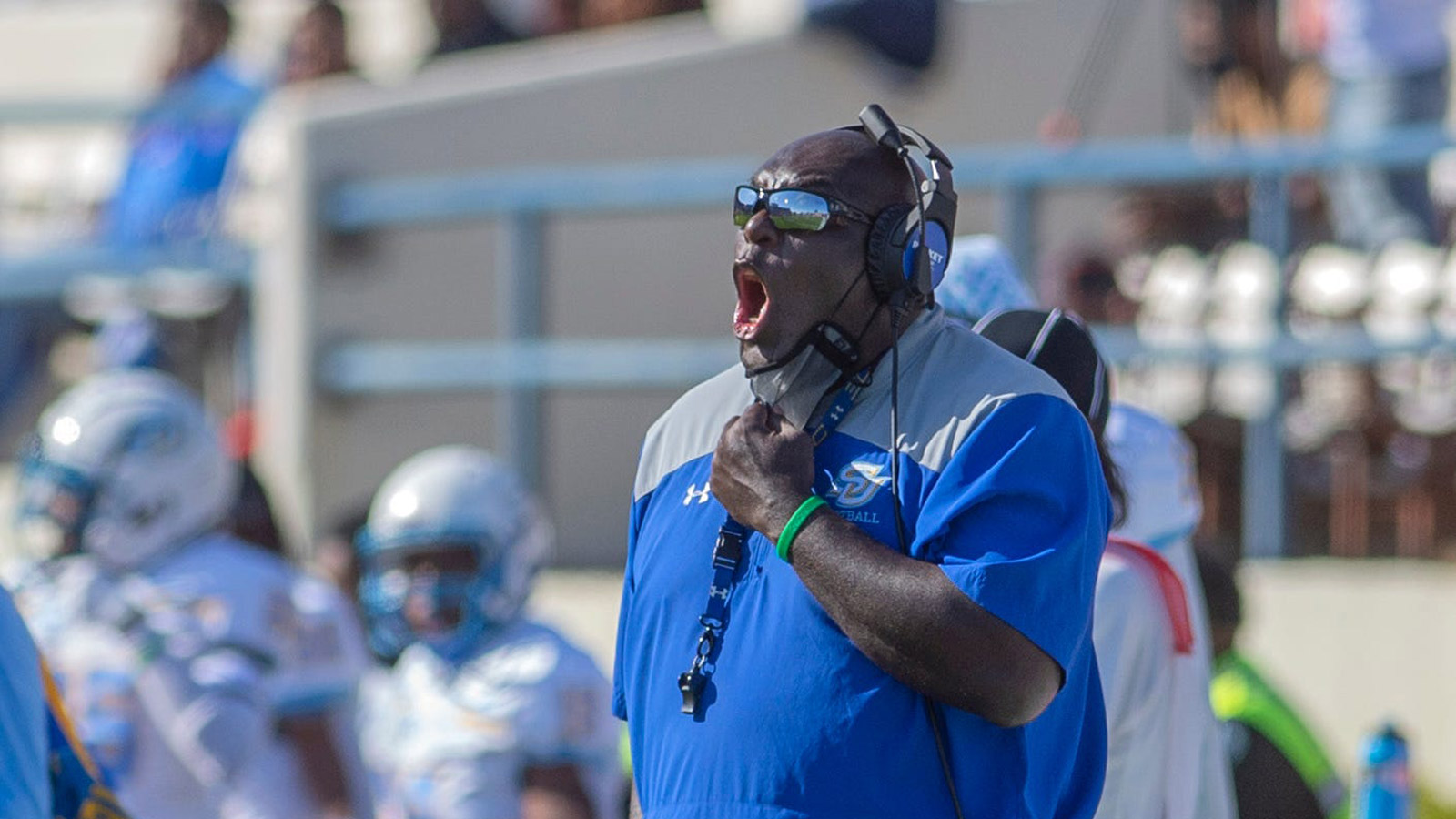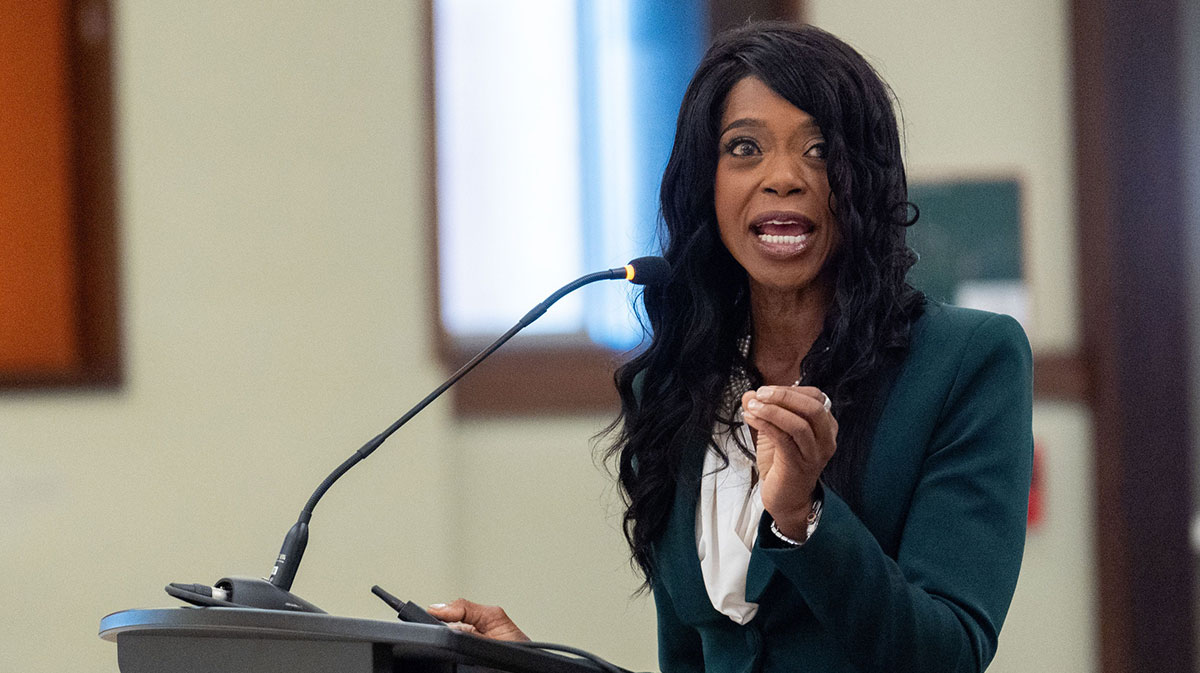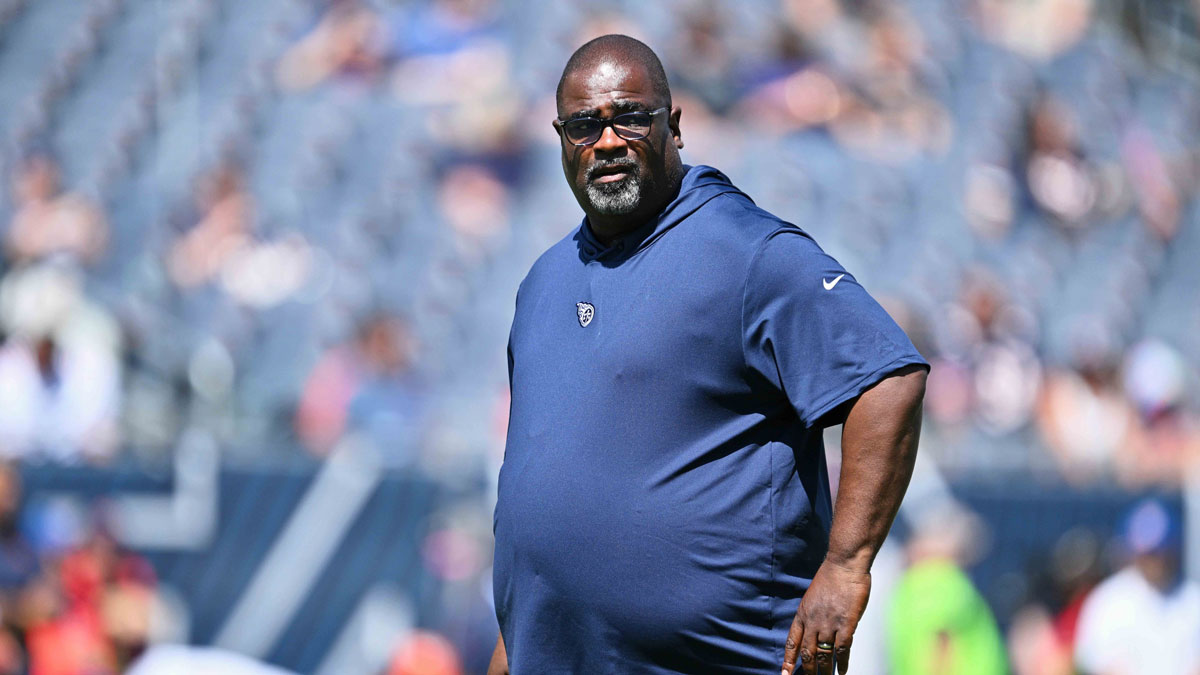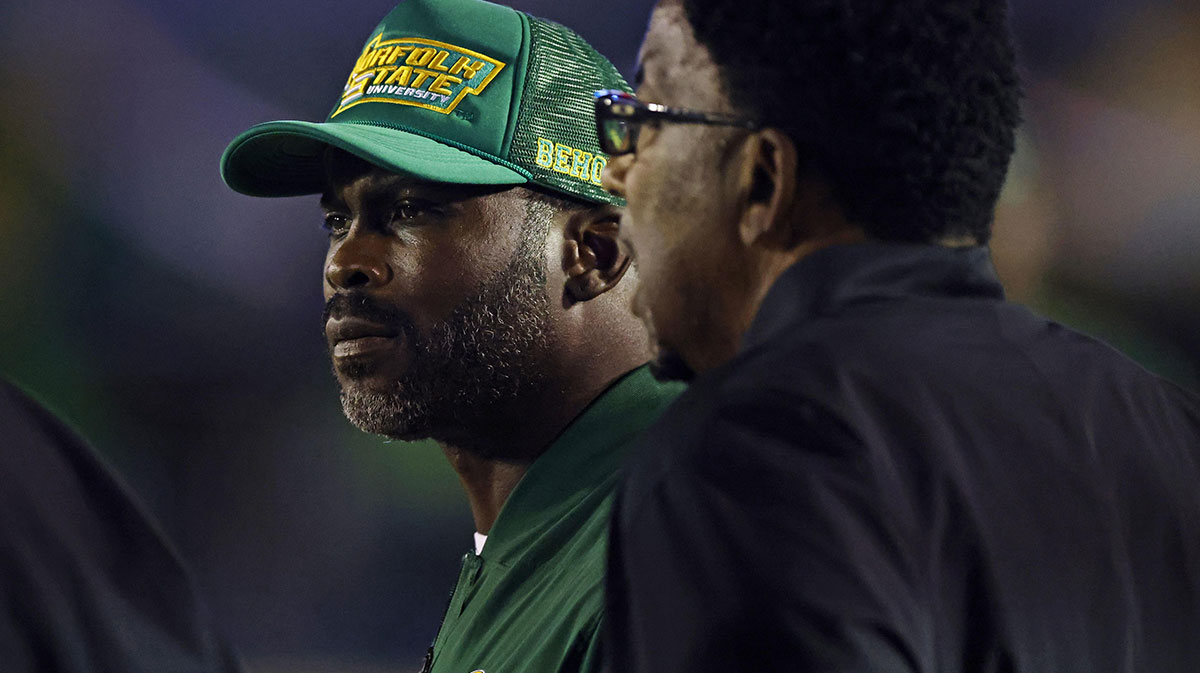The Florida A&M coaching search that started with the departure of Willie Simmons has commanded the attention of the greater HBCU sports world. The drama of potential coaching hires and alumni frustration at Vice President of Athletics Tiffani Dawn-Sykes has dominated conversations amongst HBCU football enthusiasts. But, often lost in the talk is Simmons's move to Duke as running backs coach under new head coach Manny Diaz.
Our @VRWilson52 went Beyond The Decision with @HCWillieSimmons as he talked about his controversial move.
Read/watch more here: https://t.co/rGD9RIALn5 pic.twitter.com/1BdooqZDrk
— HBCU Gameday (@HBCUGameday) January 2, 2024
Although the departure was abrupt Simmons's story of having to, per Jim Trotter, “take a step back to move forward” is one that's often been heard before in the coaching profession. Simmons made his intentions to become a Power Five head coach known in an exclusive interview with journalist and Florida A&M football alumnus Vaughn Wilson for HBCU Gameday.
“Throughout my coaching career, I've checked many boxes. I've been a play caller, a head coach, and even won a championship. I've successfully guided players to the NFL and recruited at a high level. With all these accomplishments, there is still one box left unchecked on my resume – being an FBS football coach at the Power Five level. While I have coached at the mid-major level, I aspire to have a national platform and lead young men on a larger scale, making an impact in college football beyond just the HBCU landscape. Taking this step is pivotal for me and that's exactly why I'm taking it.”
However, in Simmons's interview with Jim Trotter for his article “New Duke assistant Willie Simmons takes a step back in hopes of moving forward”, Simmons spoke to a larger trend that affects black coaches in the profession.
“Since I got in the profession, I’ve heard the narrative that minority coaches don’t get opportunities. I look around and I’m not the only one; it would be different if I was an anomaly, but there are so many instances of guys who have had tremendous success as position coaches, as recruiters, as head coaches, who, in many cases, haven’t gotten legitimate interviews, let alone true opportunities to lead their own programs or be coordinators at Power 5 schools. It speaks to a systemic issue, in my opinion. I wish I knew the answer of how to change it, but I’m hoping somebody comes up with it quickly because it seems like we’re beating a dead horse.”
According to Simmons in his conversation with Trotter, only one school reached out to him to inquire about his services following the Rattler's epic 30-26 victory over Howard University in the Cricket Celebration Bowl last month. However, the conversation was brief and didn't go anywhere.
Simmons spoke to the fact that many fans and pundits often speak to but coaches don't often broach: being a Power Five coach holds more weight than anything that a coach can do at the FCS level. And, while it's an unfortunate truth that doesn't have to be reality, black coaches have to operate within it every day.
“I was basically given the same message: Unfortunately it doesn’t really matter what you do at the FCS level because of the changing landscape of college athletics and NIL and things of that nature. Getting to the Power 5 level had a lot more weight, so to speak, in the eyes of decision-makers than any success I would have at the FCS level. That was also the feedback from one of the schools that I interviewed with a couple of years ago, from the athletic director. He said my lack of Power 5 experience weighed in the decision to hire who they hired. That person had that experience, and I didn’t.”
As Simmons works to achieve his ultimate goal of becoming a Power Five coach, a position fitting for a football mind of his caliber, Florida A&M looks to conclude its coaching search as National Signing Day looms.

